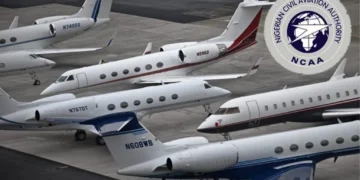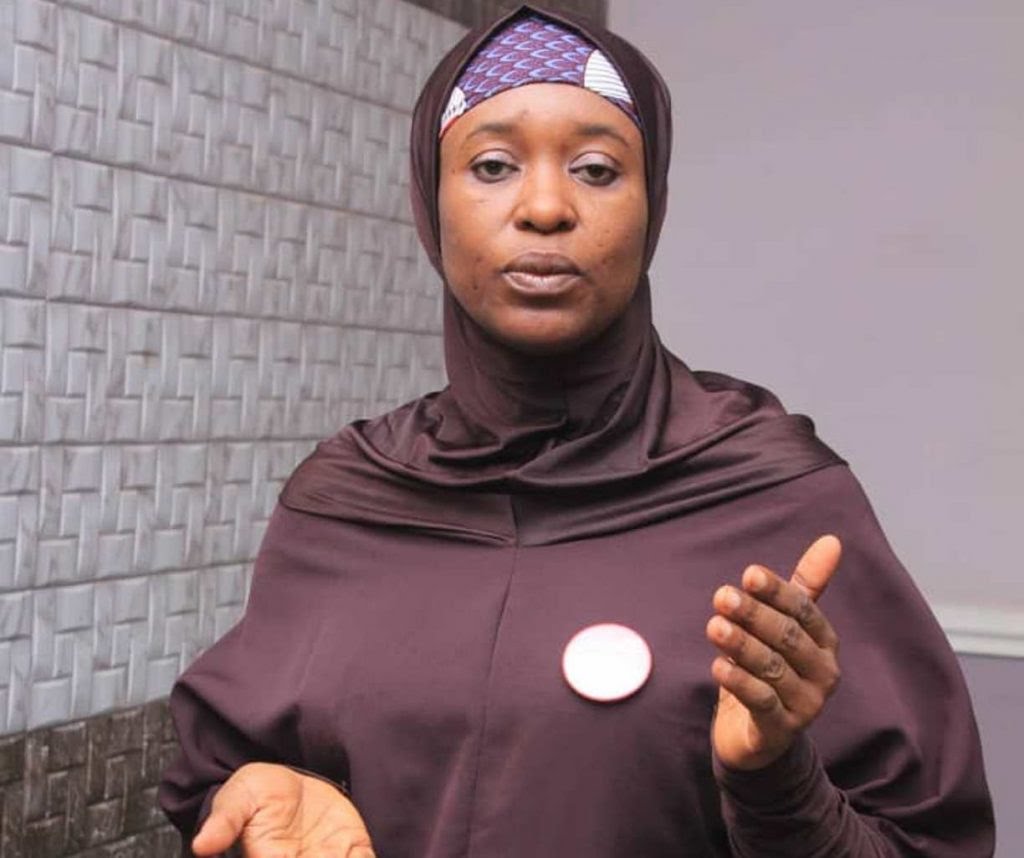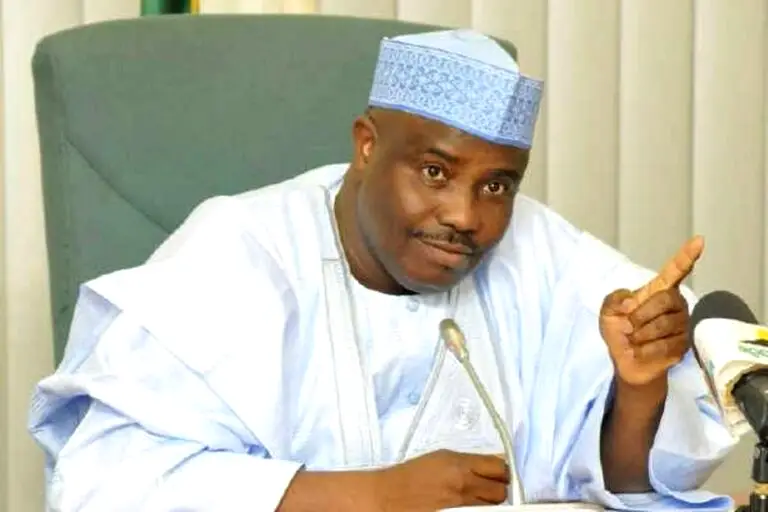[ad_1]
Lawmakers of the Economic Community of West Africa States (ECOWAS) Parliament have faulted the process for the adoption of the 2023 community budget.
They said the budget showed less focus on community citizens.
The lawmakers expressed their reactions in separate interviews with journalists following the adoption of the 2023 community budget of 418,072,408 units of the account by the Parliament on Wednesday in Abuja.
While the budgetary allocation for peace and security, a critical challenge of the sub-region, was pegged at 21,839,788, ECOWAS institutions were allocated 366,254,680 for administration and salaries.
Nigerian lawmaker Awaji-Inombek Abiante said that the parliament should have been given more time to understand the budget and do its due diligence as advised by President Muhammadu Buhari during the opening of the session before adopting it.
Mr Abiante said the ECOWAS Parliament must act beyond just an advisory role, and the right things must be done so that community citizens can feel the impact.
“The budget as presented is acclaimed to be a balanced budget and in their own concept of a balanced budget is when what you are expecting equates to what you are hoping to spend, so it is a balanced budget,” said Mr Abiante. “If you ask me, we would have done a little more. But going forward, I think parliament has established that there is a need to do a detailed understanding of the budget, especially with the budget performance.”
Billay Tunkara, a legislator from the Gambia, lamented the limited powers of the parliament on scrutinizing the budget before adopting it, stressing the need for enhanced power of the ECOWAS Parliament.
“First of all, I think members of parliament have been asking for more inclusiveness, not to be served with a budget. We have reactions in the areas of transparency when it comes to detailing because we are all lawmakers in our respective countries,” Mr Tunkara explained.
He added, “So members of ECOWAS Parliament want some sort of like clarity, to detail, actually what vote went in recorded. When I say recorded we mean the routine expenditure of the parliament.”
Mr Tunkara stated that “such as ticketing, purchase of vehicles, fuel and lubricants, maintenance of building service, staff salary, the reimbursement of per diems, and co.”
(NAN)
[ad_2]






